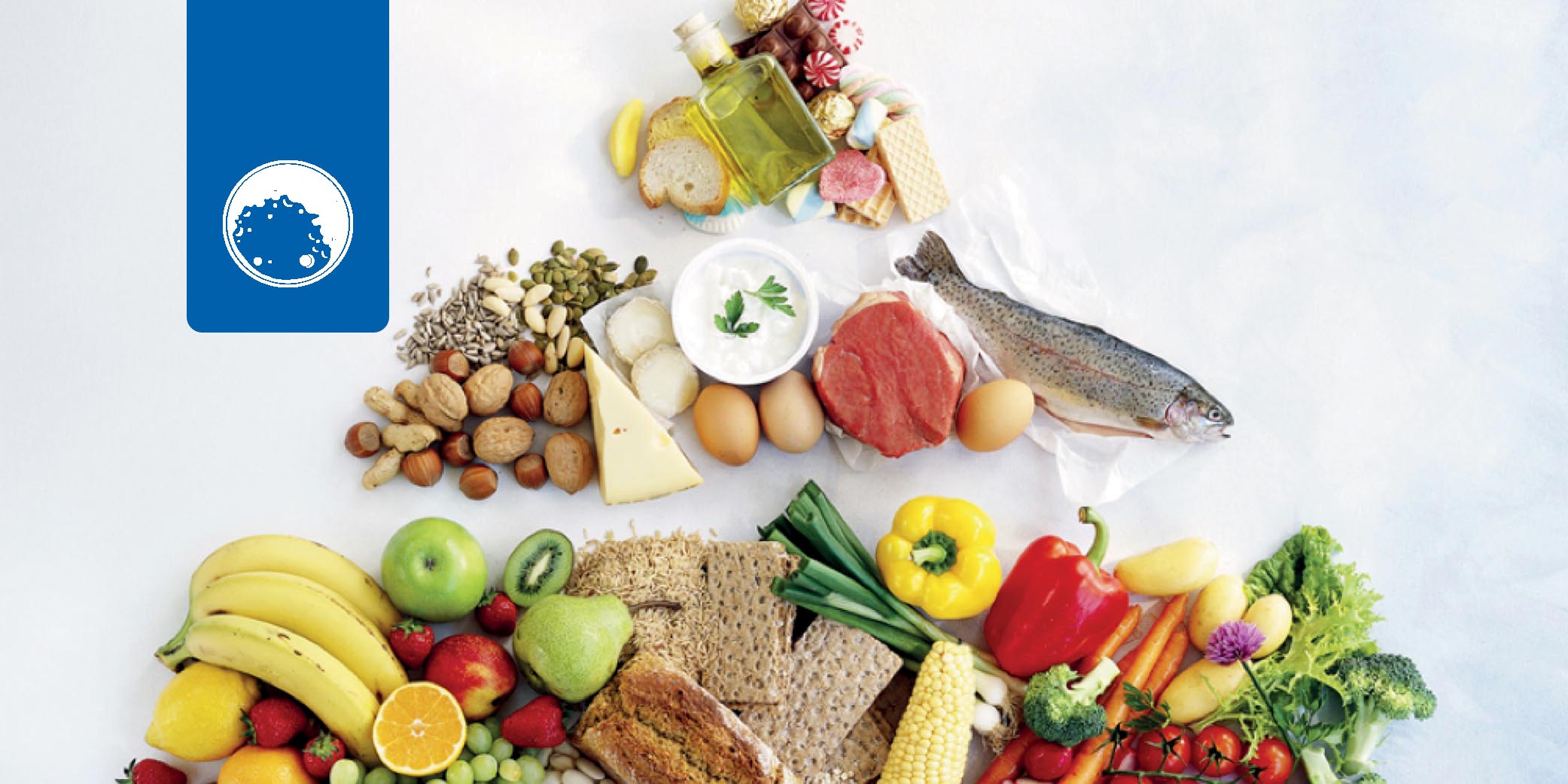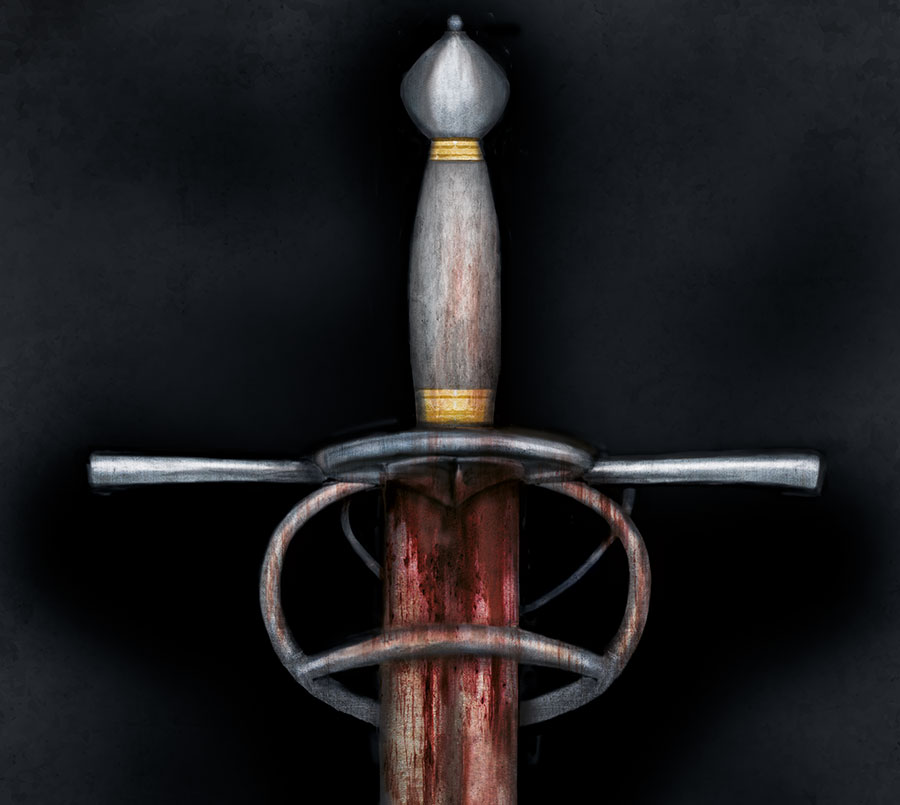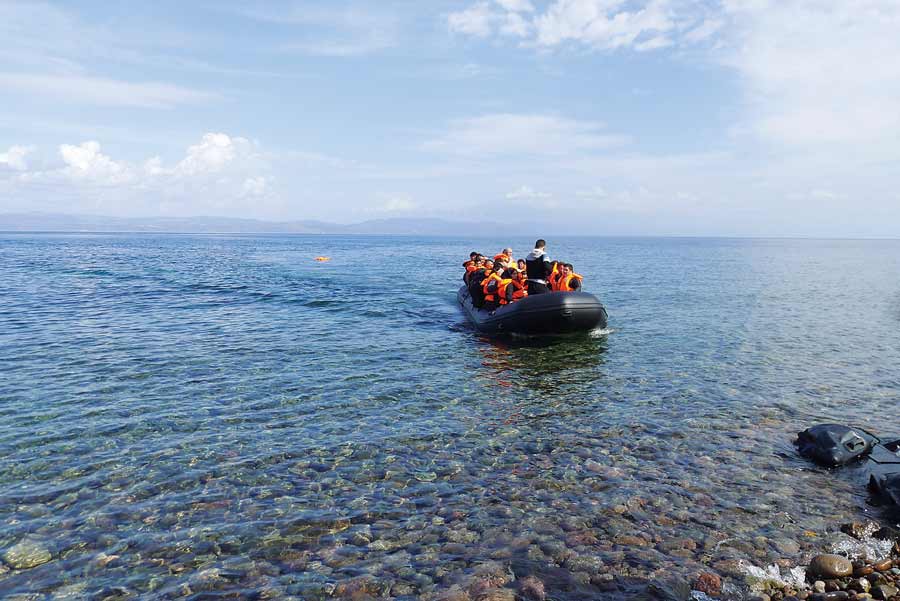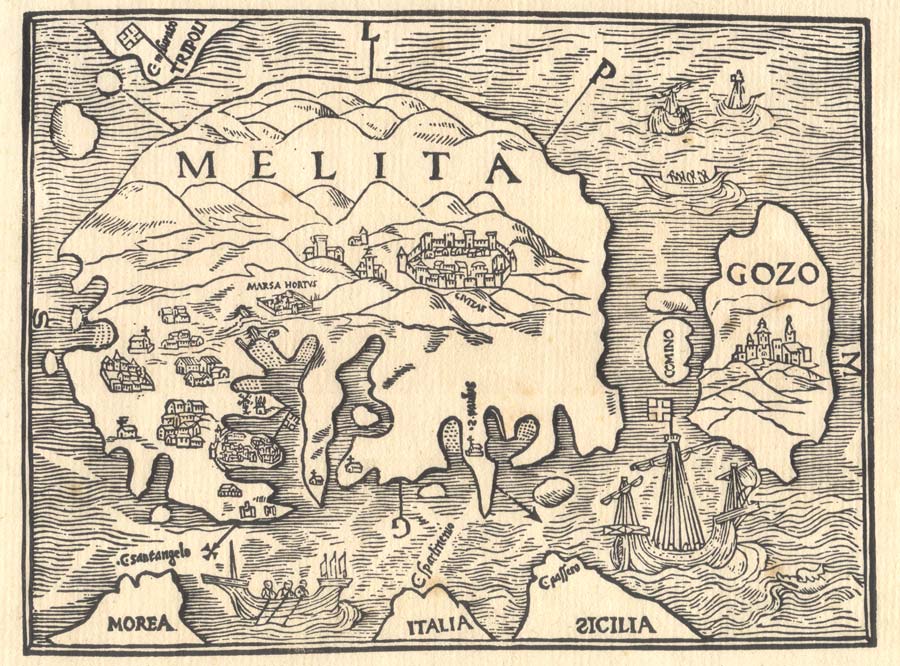An eye on the sea
Continuous measurement and analysis of marine conditions in real time is allowing local users to better understand the short and long-term implications of the changing sea. Prof. Aldo Drago writes.
University Maritime Platform: Connecting Professionals
The University Maritime Platform, a dedicated space for all those interested in the sea and the work happening around it. Prof. Claire De Marco writes.
Glider South: Exploring the sea south of Malta
To map pristine areas in the Mediterranean, CAMPE is going where no glider has gone before. Prof. Aldo Drago writes.
Once upon a time we had sharks
Human beings may be adversely affecting biodiversity, but can we be a help as well as a hindrance? Greg Nowell writes.
Marine life once thrived in the waters surrounding the Maltese islands, sharks included. But that is no longer the reality we see today. So, what happened? Where have all the fish gone? How can we bring them back?
Stuck in the middle with the fumes
Since the 1960s heavy fuel oil (HFO) has reigned supreme as the king of maritime fuels. It was efficient and cheap; its use spread far and wide. International shipping boomed on its success. Even today, this industry handles 90% of the world’s trade volume. For many, HFO is the lifeblood of the maritime shipping industry. But it has a dark side…
1565 – Was it that great?
A historical discovery does not always equal the unearthing of new documents or artefacts. Sometimes it’s about re-evaluating what we already know. Prof. Victor Mallia-Milanes tells Tuovi Mäkipere more.
From Immigrants to Theology
Over 1.82 million migrants entered the EU in 2015 and this has triggered much dialogue across member states. In May 2015, the Archbishop of Malta, H.G. Mons Charles J. Scicluna, after the Vatican announcement of the Year of Mercy, reached out to the academic community to reflect on the immigrant phenomenon. This call set in motion The Mercy Project, which aims to create a set of reflections and recommendations around immigration.
The project has four stages. It first reflected on the issues of mercy and immigration within the Maltese context. During this stage, staff members from various University of Malta (UoM) faculties explored the local situation, reflecting on the terminology used, prevailing concepts and current practices. This was followed by a second stage. Academics held meetings to discuss various viewpoints and realities around migration. Those involved included members from the Faculties of Theology, Arts, Social Wellbeing, Laws, Education, and Health. At the third stage, a symposium on ‘Mercy and the Immigrant’ was held on 6 June 2016. The symposium brought together interested parties and agency representatives to reflect on the issue. This provided a platform for a dialogue between theologians and society. Rev. Dr René Micallef S.J. (Gregorian University in Rome) spoke about the mercy, justice, and policies needed to be considered by Malta and the rest of the EU.
The final forth step is underway. A publication of the project’s position papers is being prepared. This will make available to various sectors of the public some of the philosophical, social, legal, educational, and theological ideas which surfaced during the project’s dialogues and consultations. It will provide concrete recommendations for the University of Malta, State, and the Church.
Dr Pauline Dimech and Rev. Dr Stefan Attard are the project co-ordinators.
Charting space and time
From Google Maps to Pokémon GO, without maps the world would not function. But how did we start developing them? Ritienne Gauci and Dr William Zammit take a look at historical maps to discover fascinating quirks about the Maltese Islands. So how were map errors inherited? And what is the connection between religion and maps?
Octopus around Malta: Safe to eat?
Heavy metals can be toxic to humans. They need to be monitored to ensure environmental levels do not go above dangerous levels. The European Commission has set acceptable maximum levels of metals allowed in food since most metals end up in humans through their diet.
But how do metals find their way into our food in the first place? Heavy metals can enter the environment in a number of ways, including through volcanism, fossil fuel burning, and antifouling paint use. The heavy metals bind with biomolecules inside living tissue, and can build up to dangerous levels. One prime example of how such metals end up in the food we eat can be seen in the case of the common octopus (Octopus vulgaris). The octopus is susceptible to accumulating high levels of heavy metals due to its high ingestion rate of benthic fauna.
Joshua Gili (supervised by Prof. Victor Axiak) recorded the concentrations of cadmium, copper, lead, and zinc in the common octopus. Specimens were collected from around Malta during summer and winter. The analysis was performed on two of the species’ tissues—the tentacles and the digestive glands— which function in a similar way to the human liver. Each tissue was gathered into one pool by site, then homogenised, dried, and acid-treated. Afterwards a technique called polarography was used to determine the levels of each metal. This data helped Gili decide whether metal accumulation in the tissue of octopi is affected by biometry, season, or geography.
In Malta, metal levels depended on where the octopus was caught. In general, the concentrations were lower than other Mediterranean regions. The levels of cadmium and lead in the tentacles were below toxic levels as stated by the European Commission, indicating that local octopus is safe to eat.
This research was performed as part of Joshua Gili’s Bachelor of Science (Honours) in Biology and Chemistry, which he is reading at the Faculty of Science, University of Malta.





